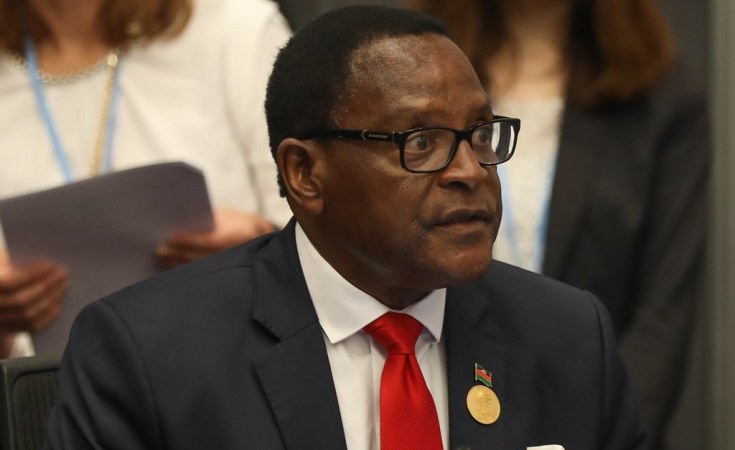Malawi President Lazarus Chakwera and the United Nations (UN) Director General Antonio Guterres, on Sunday took a swipe at developed countries, accusing the wealthy world of deliberately an unfair global economic and financial system which they argue has exacerbated "historic injustices" across the globe.
Chakwera speaking in his capacity as the LDCs Chairperson- as well as Guterres, spoke separately when they addressed the opening plenary meeting of the ongoing 5th UN Conference on LDCs in Doha, Qatar.
LDCs are a home to an estimated 1.2 billion people, which roughly represents about 17 percent of the global population.
Making an honest assessment, Guterres told the conference that LDCs are today trapped in vicious cycles that make development in these poorest countries very challenging.
"Because economic development is challenging when countries are starved for resources, drowning in debt, and still struggling with the historic injustice of an unequal Covid-19 response, starting with vaccines and then by the very unfair access to the resources needed for recovery," said the UN top boss.
According to Guterres, human development in LDCs continues to be challenging since critical sectors such as education, health care and social protection systems are struggling.
He continued: "A thriving business community and the creation of decent jobs is challenging if economies are stuck in first gear -- exporting raw materials without opportunities for structural transformation to rapidly move up the value chain."
Commenting on climate change "catastrophe," Guterres stated that combatting the vice that LDCs themselves did nothing to cause it "is challenging when the cost of capital is sky-high and the financial support you receive to mitigate and adapt to the destruction is a drop in the bucket."
Meanwhile, Guterres lamented that as it stands, bigger economies on one hand, continue to heat the planet and spew greenhouse gas emissions at record rates.
He noted that fossil fuel giants are raking in huge profits, while millions of livelihoods in LDCs cannot put food on the table.
"You risk being left behind in the digital revolution without the support or technology you need for social and economic development or job-creation."
LDCs continue to suffer from multiple internal and external shocks including ravaging impacts of war and conflicts, droughts, hunger and extreme poverty.
According to the UN boss, in order to narrow the gap between the rich world and the poorest nations, it is imperative to massively ensure sustained investments as well as massive financial and economic support in LDCs.
On the global financial system, Guterres said the unequal system was designed by wealthy countries, "largely to their benefit," stressing that the UN is strongly insisting to G20 nations to urgently reform such a system.
"Deprived of liquidity, many of you are locked out of capital markets by predatory interest rates. Deprived of effective debt relief, you can be forced to spend an ever-growing share of government revenue on debt service costs," he added.
On his part, Chakwera urged LDCs that going forward, their own pursuit of middle-income status must be different.
He said their path to development must be more responsible for the welfare of all mankind and more responsive to the urgent need for development that lifts all nations.
According to Chakwera, LDCs must work together as the pains being inflicted by the rich world is being felt in common in all LDCs.
" For instance, over the last two years, output losses were larger in LDCs than anywhere else. Additionally, LDCs continue to have limited access to vaccines and to be constrained by lack of fiscal space."


